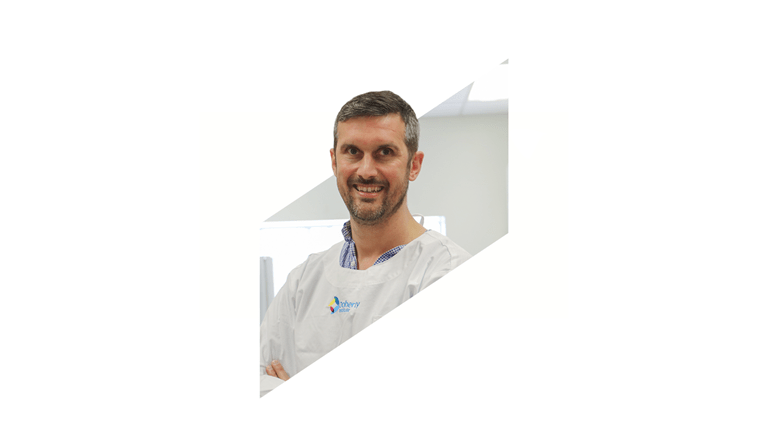Dr Daniel Utzschneider - Biography
The Doherty Institute for Infection and Immunity
2024 CSL Centenary Fellow

Immunotherapy is transforming cancer outcomes but only for about a third of patients.
Dr Daniel Utzschneider believes the reason for this may lie with T cells, white blood cells that are a key component of our adaptive immune system, which can become exhausted from the constant fight against cancer.
“In a cancer setting, our immune system is continuously stimulated. That ultimately leads to our T cells being exhausted. They lose their ability to fight or kill cancer cells, and ultimately this facilitates cancer growth,” says Dr Utzschneider.
He will use his $1.25 million CSL Centenary Fellowship to accelerate the research program to target these exhausted T cells from different angles, to understand their biology, why they become exhausted, and how to increase their numbers and to enhance their functionality.
Over the past decade, Dr Utzschneider has made a series of discoveries about these cells, known as CD8+ T cells, showing for example that when they respond to cancer, they sense that they cannot eliminate the disease in the short-term and so dampen down their function and metabolism, “just like a marathon runner who needs to go the distance”.
He discovered a specific subset of these exhausted T cells that retain the ability to respond to immunotherapy. If these cells are present in large numbers, a patient is more likely to respond well to cancer immunotherapy.
“The goal is to improve or enhance the number of these T cells,” Dr Utzschneider says. “So, these are the cells that we need to target in order to develop or design any given new therapy or improve the existing therapies.”
Dr Utzschneider completed his PhD at the University of Lausanne, Switzerland, in 2014 before relocating to the University of California San Diego for his postdoctoral studies. He then joined the research group of Professor Axel Kallies at the Doherty Institute in 2018 before becoming an independent group leader in 2021.
“What I love about immunology is its complexity, the interplay that’s orchestrated by a lot of different cells to produce an immune response against different pathogens. There are still many unknown factors. Understanding those is what drives me,” Dr Utzschneider says.
“My vision over the next five years is to develop an internationally renowned research program that pushes boundaries and leads to new immunotherapies. I hope that our work will one day improve the lives of cancer patients.”


